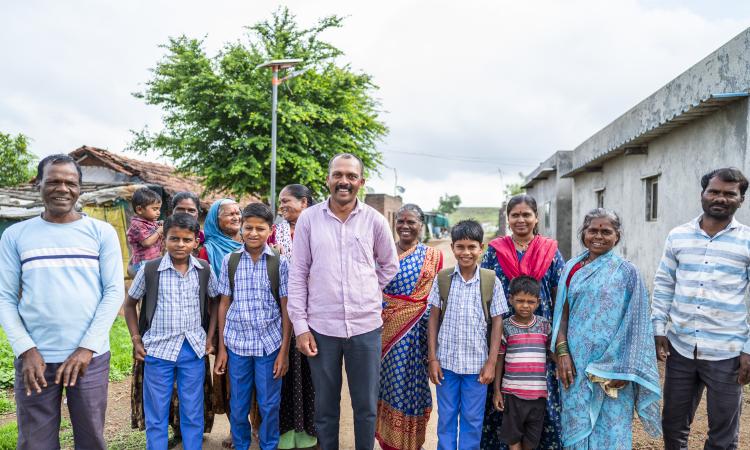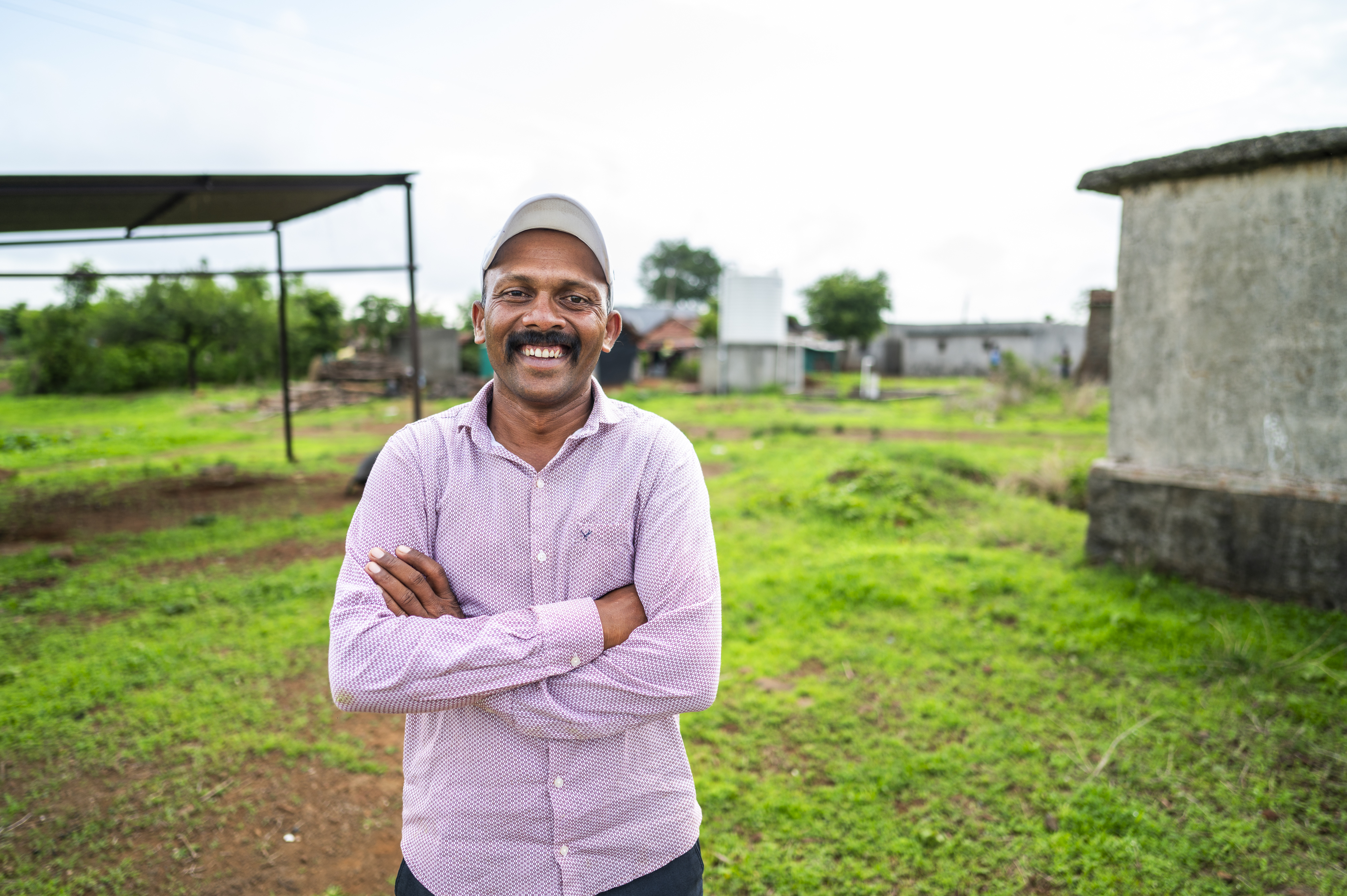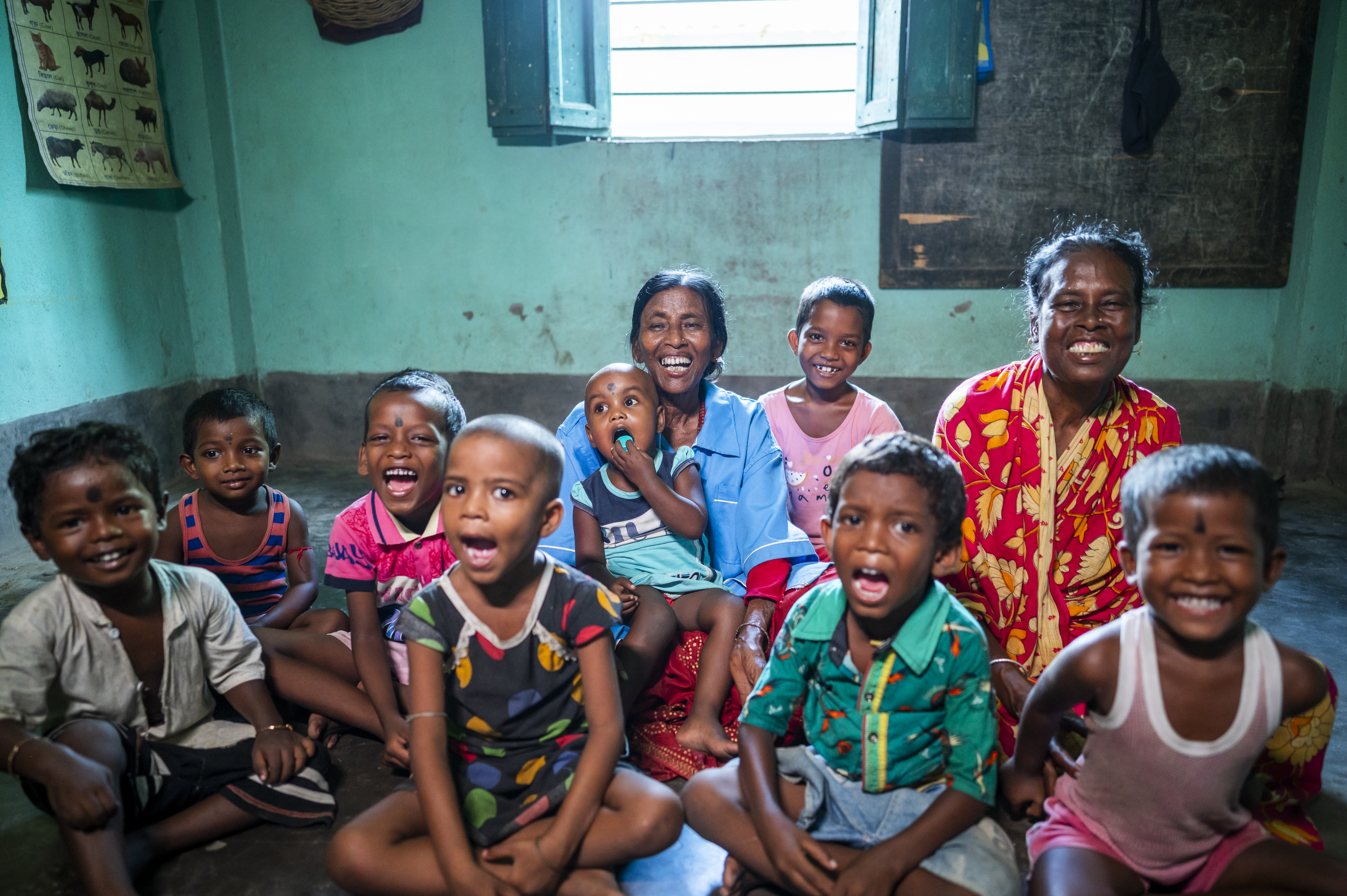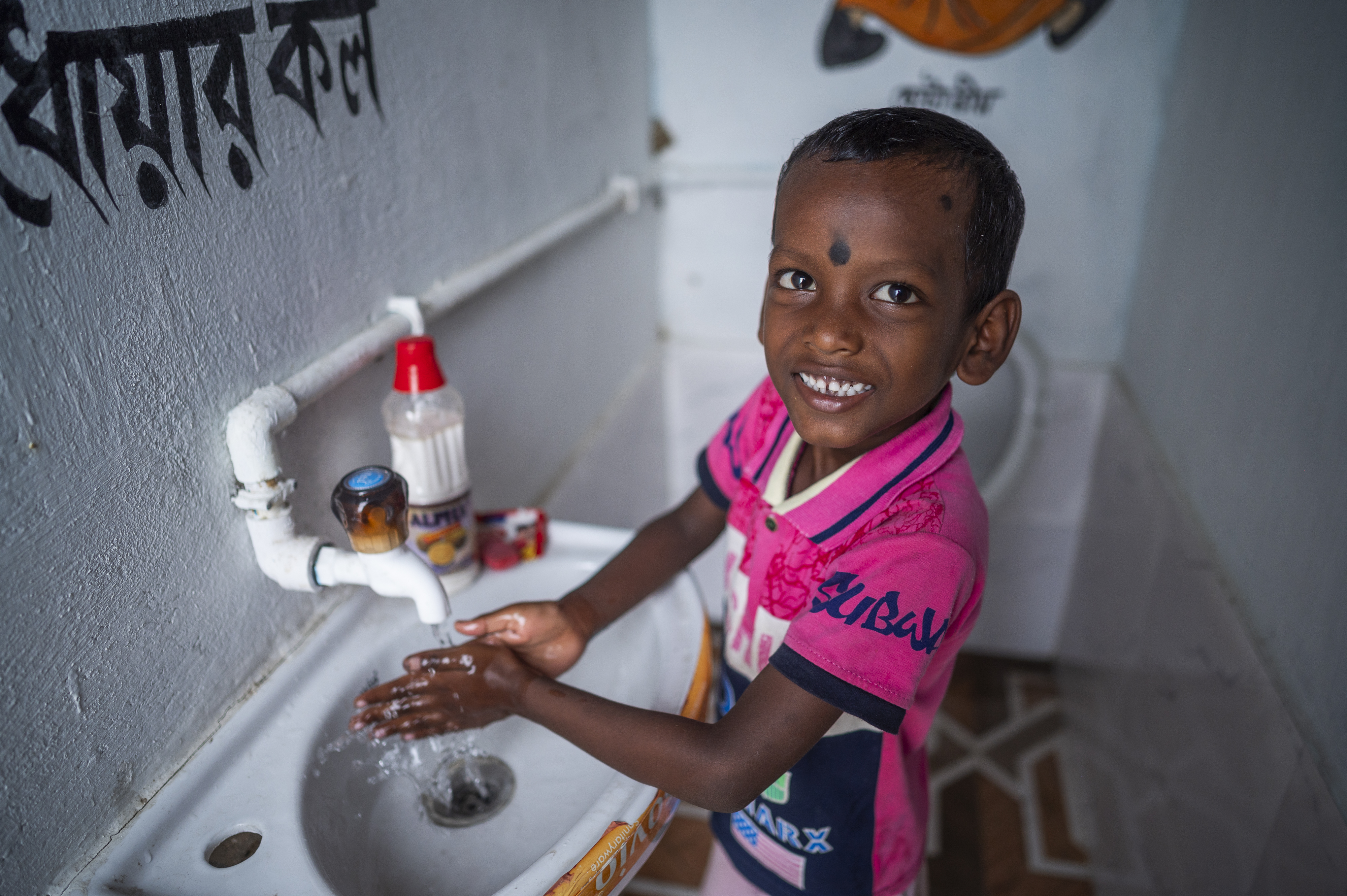
World Water Week serves as a reminder of the impact that access to clean water can have around the globe. Water is not just a resource; it is the essence of this planet and its community. Its availability and quality can shape one's life, determining health, education, and economic development.
The week is all about the incredible strides made in improving water access and highlights the stories of individuals and communities that have risen above adversity with the help of dedicated organisations. A few such stories from Peth Village, Maharashtra, and Bejpukur, West Bengal, are examples of the impact created by sustainable water solutions.
These narratives underscore PepsiCo India’s guiding principle of ‘Partnership of Progress’ and PepsiCo’s pep+ (PepsiCo Positive) ambition to become net water positive by 2030, PepsiCo India's water initiatives aim to drive positive change and exemplify the company’s commitment to sustainability, environmental responsibility, and community empowerment.
A new dawn for Shivaji’s village: Embracing growth through innovative water solutions
Shivaji’s village was once plagued by severe water shortages. During the scorching summer months, the village’s only hand pump delivered just 5-6 litres per hour, compelling residents to wait for hours, and endure a gruelling 2-3-kilometre walk in the deadly heat to fetch water.
For Shivaji, the question remained if a basic need like water would ever be made accessible to him in his village. “We had significant water problems, especially in April and May when we wouldn’t get any water,” Shivaji recalls. The situation was so dire that even fetching water from distant places, often resulted in contaminated water and frequent illnesses. The lack of clean water also made basic tasks like washing dishes a challenge.

WaterAid India’s intervention has brought transformative change to Shivaji’s village. “In the last two years, WaterAid India has helped us access drinking water,” Shivaji proudly states. Their innovative approach includes a water recycling system for irrigation, boosting local agriculture, and a new stand post that has simplified daily water access.
Shivaji’s dedication to operating a solar panel motor for water pumping further highlights the community’s newfound empowerment. “Water is now accessible within 10 feet of our homes,” he notes, reflecting on how these improvements have enhanced hygiene, reduced illnesses, and allowed children to attend school regularly.
Shivaji’s village has undergone a remarkable transformation, with clean water now readily available nearby and local farming thriving due to innovative solutions. Shivaji’s commitment, alongside these advancements, has enhanced hygiene, reduced illness, and enabled children to thrive in school.
World Water Week signifies how these advancements have not only improved health and education but also fostered a vibrant, empowered community.
Kalpana’s triumph: From struggles to a cleaner, healthier Bejpukur
In Bejpukur, West Bengal, Kalpana Das, a dedicated Integrated Child Development Services (ICDS) worker, and beloved “didi” in her village, has seen her community transformed in her old age, when she almost lost hope in having access to clean water and toilet facilities. With her relentless dedication and interventions from PepsiCo India, she turned her village's struggles into a story of triumph and renewal.
Kalpana never had anything easily in her life, she lives alone. Her health made her give up on her cycling routine, and now she has to walk daily for work. Walking is her only option as an alternative transportation costs her around 100 rupees daily, which she cannot afford.
Keeping all her worries aside, Kalpana recalls the remarkable improvements in her village, Nopada Bejpukur, particularly with the accessibility of clean water and the installation of toilets. “The installation of toilets has been immensely helpful,” she states. “Before, we had to fetch water from outside, which made daily chores and use of toilets challenging. Now, water is accessible at every house, making life easier for everyone, especially women.”

Previously, fetching water every few hours for daily usage was a struggle, “It used to take us at least 30 minutes to bring water, and the kids would often put their hands in it, making it dirty again,” Kalpana recalls. “Diarrhoea was a common health issue here, but now with clean water at our home, the situation has improved drastically.” The installation of toilets has also alleviated the previous issue of open defecation, which was both unhygienic and distressing. “Women and children no longer have to defecate in the fields. They can use clean toilets at home now,” she adds.

The improved facilities have enhanced the lives of all community members, “Kids now enjoy coming to school and parents remain stress-free.” Kalpana praises the efforts of health staff who visit regularly to provide guidance and support. “The health staff instructs mothers on maintaining cleanliness and proper hygiene, which has been crucial in improving health standards,” she says. “Mothers now wash their hands diligently and keep their homes clean. This has greatly contributed to reducing health issues.”
Kalpana’s story is a powerful example of how commitment to community health and hygiene can drive significant positive change. Through perseverance and collective effort, Bejpukur has become a healthier, cleaner, and more vibrant place to live.
/articles/ripple-effect-how-clean-water-changing-lives